Welcome , challenge us for your next project Let's see how we can help with your product development journey.

Productions
Bring your products to market faster with rapid assembley line deployment.
our fecility features rapid assembly line implementation to deploy medium to large scale production at breakneck speed.
Rapid Tooling
Rapid tooling is essentially a machining technique that is enabling you to quickly and cheaply get parts. Conceptually, it is any type of injection mold tooling, manufactured quickly, tested and validated of parts inexpensively before you invest in production tooling. Recently, most customers would like to consider selecting this method as the machining way due to its merits. As a full servicer of manufacturing, we take guarantee that a well management and high-quality standard service would be offered to customers.


Injection Molding
Injection Moulding,Bi-injection Moulding,Over Moulding
Application Materials:ABS,PC,PC/ABS,PA,POM,PP,PE,PBT,PEEK,PEI, TPE, TPU, TPV, TPR Such famous plastic granules
Tolerance Standard: ISO2768-MK / NFT58000-Normal Class
Surface Treatment: Silkscreen printing/Movable printing Electroplating Polishing Satin finish pattern Laser carving
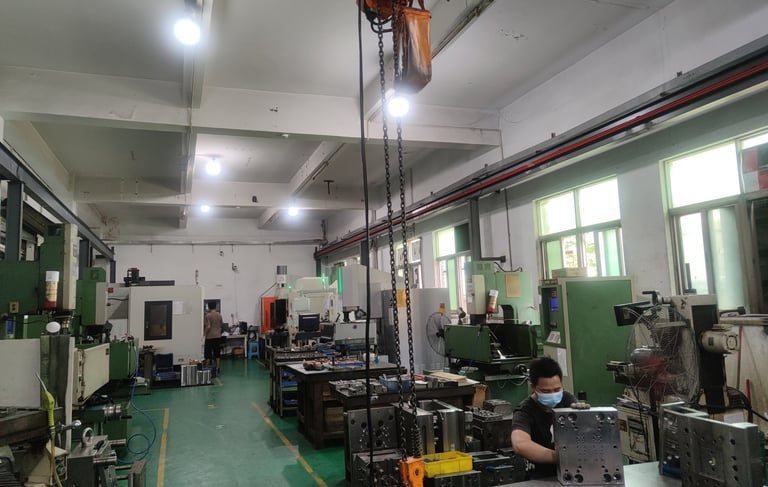

Low-Volume Production
CNC machining, Metal stamping, Silicone rubber thermocompression moulding, PU Casting
Materials: Plastics: ABS, PMMA, PC, PP, PS, POM, PA, PA+GF30, DHPE, HDPE, PPS, PTFE, PEEK Metals: aluminium, brass, bronze, copper, steel, stainless steel
Tolerance Standard: ±0.2mm /100mm
Surface Treatment: Silkscreen printing/Movable printing Electroplating Polishing Satin finish pattern Laser carving
Application Materials
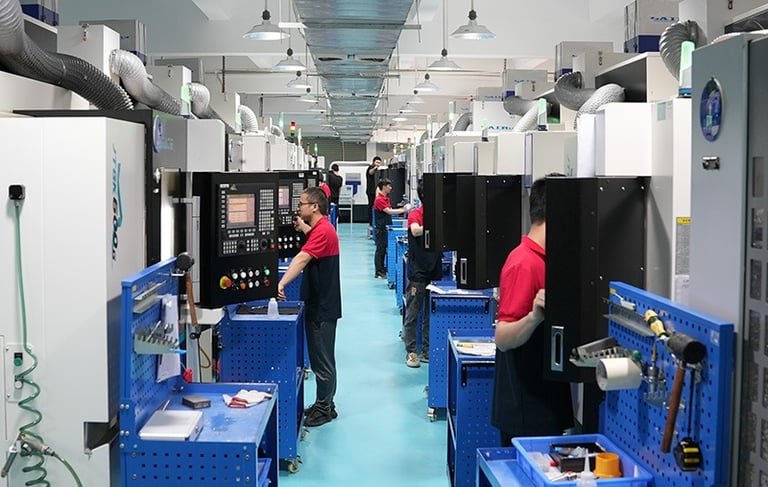

Sheet metal Fabrication
Application Materials: Steel: Q235, 45#, 40Cr, Cold Rolled Clad (SPCC), Galvanized Sheet (SECC, SGCC). Stainless Steel: SS301, 303, 304, 316, 17-4PH, etc. Aluminum: Al5052, 6061, 6063, 7075, etc. Brass, copper and others
Tolerance Standard: ISO2768-MK / NFT58000-Normal ClassSurface Treatment:Powder spraying Sand blasting Anodizing Deactivation Black Oxide Electrophoresis Electroplating Polishing Wire-drawing
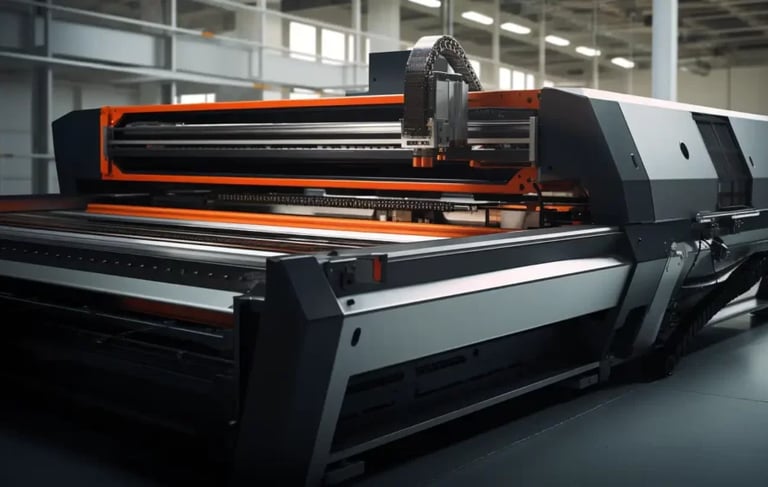

3D Printing (SLA/SLS)
Application Materials: Suitable for a wide range of materials including photopolymer resins, thermoplastics such as ABS, PLA, Nylon, and TPU, as well as metal powders like stainless steel (316L, 17-4PH), titanium alloys (Ti6Al4V), aluminum alloys, and cobalt-chrome. Compatible with both plastic and metal additive manufacturing processes.
Tolerance Standard: Typical achievable tolerances range from ±0.1 mm to ±0.3 mm depending on the material and printing technology, aligned with standards such as ISO 2768-m (medium) and general industry best practices for additive manufacturing.
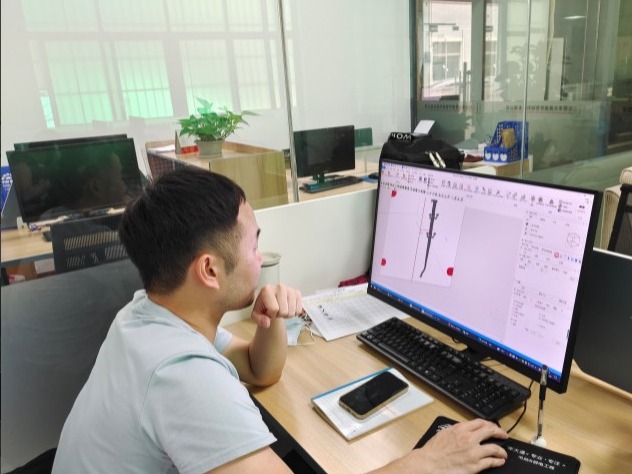

Silicone Molding
Application Materials: Flexible polyurethane elastomers, silicone rubber, natural rubber, and specialty rubber compounds designed for soft-touch applications such as buttons, seals, gaskets, and ergonomic grips. Materials available in a variety of hardness levels (Shore A 10–80) to meet diverse functional requirements.
Tolerance Standard: Typical dimensional tolerances range from ±0.1 mm to ±0.3 mm, conforming to industry standards such as ISO 3302-1 and customer-specific requirements for elastomeric molded parts.
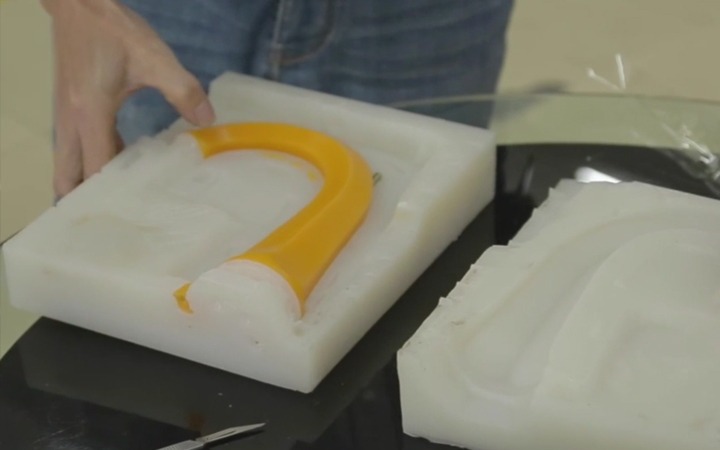

Quality
Prototype & Small batch production Manufacturing
Upper Rapid Workshop Co.,Ltd
Support
Facility: Building C, Shengguang Industrial Zone, No. 152 Shajing East Ring Road, Bao'an District, Shenzhen
Office: Room 1702, 7th Floor, Vanke Xingcheng Xingchen Building, Bao'an District, Shenzhen
service@upperprototype.com
© 2025. All rights reserved.
